Jicama is a root vegetable often overlooked in the grocery store's produce section, also commonly known as the Mexican turnip. Those who dare to experiment with this highly versatile ingredient have discovered how tasty and unique it can be, as its crisp texture and slightly sweet flavor make it a great complement to salads, soups, and side dishes.
But while jicama is an excellent ingredient, it might be challenging to find in some areas, or it may not to everyone's taste. Fortunately, there are plenty of other foods that can substitute for jicama, adding a similar crunch or sweetness to your dishes, depending on what you're looking for.
These replacements for jicama can be used in various dishes, from salads and sides and even snacks. So, if you're ready to try something new or can't find jicama in your area, keep reading to discover some great vegetable alternatives you can use in your cooking.
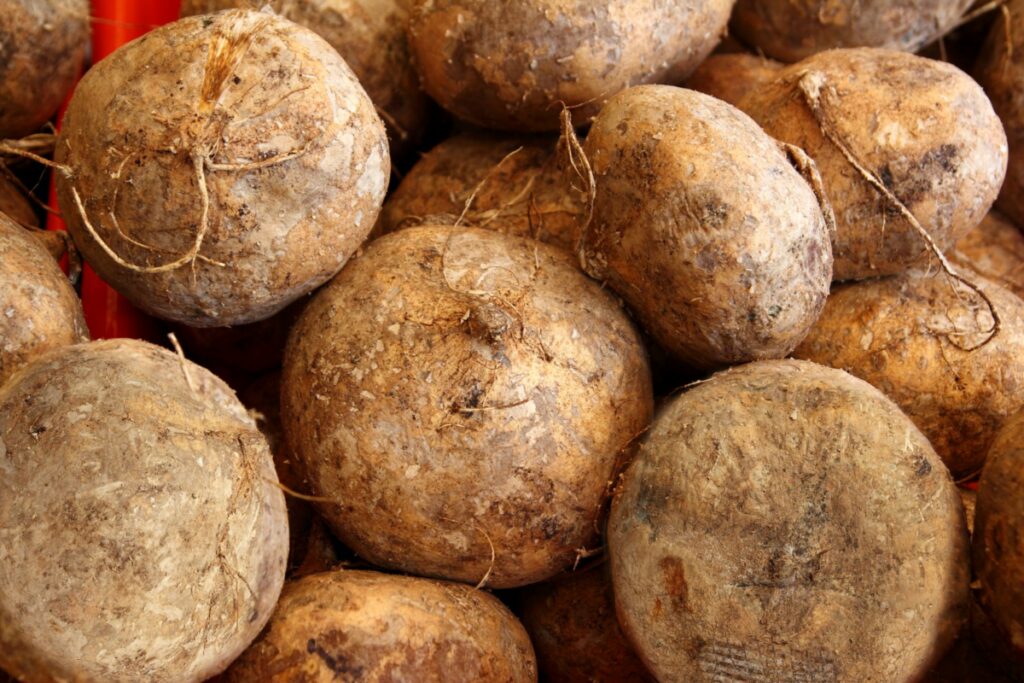
🌟 Best Substitutes for Jicama
Water Chestnuts
If you're looking for an alternative to jicama in your salads or stir-fries, water chestnuts are just the ingredient you need. These crunchy, slightly sweet, and nutty-flavored vegetables are popular in Asian cuisine and are widely available in most grocery stores.
Water chestnuts are also more generally a nutritious food that can be easily incorporated into any healthy diet. Not only are they low in calories, but they also provide a good source of prebiotic fiber, which keep good gut bacteria happy. Furthermore, they contain potassium, which can help regulate blood pressure and reduce the risk of heart disease.
Sweet Potatoes
Sweet potatoes are a versatile vegetable that can be used as a jicama substitute, as they can be consumed raw or cooked, which makes them a perfect addition to salads or other dishes that require that mild crunch.
When it comes to using sweet potatoes in your cooking, the possibilities are endless. These versatile vegetables are used in soups, salads, side dishes, and even as a substitute for traditional french fries. Sweet potatoes are also an excellent source of fiber, vitamins A and C, and potassium.
Sweet potatoes are a terrific option for preparing a tasty side dish or adding color to your salads. Try roasting them with spices or adding them to a hearty soup for a nutritious and delicious meal.
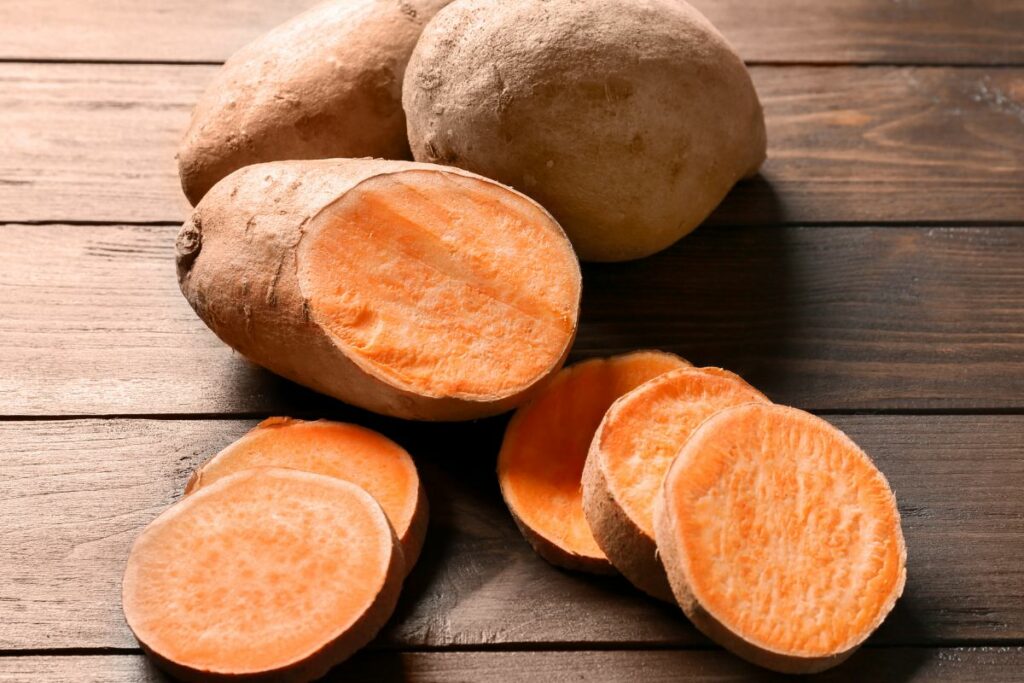
Jerusalem Artichokes
Jerusalem artichokes, or sunchokes, are highly nutritious root vegetables with many health benefits. They can be used as a substitute for jicama in salads and other dishes, as they have a similar crunchy texture and slightly sweet, nutty flavor.
These artichokes are low in calories and fat but high in fiber, potassium, and iron, making them a great addition to any healthy diet. This versatile vegetable can be eaten raw or cooked and have a slightly sweet, nutty flavor that makes them a great substitute for Mexican turnips in salads and side dishes.
To ensure they retain their freshness and taste, it's best to store them in a cool, dry place and use them within a week of purchase. Jerusalem artichokes should be carefully cooked because they may cause flatulence and bloating, so to minimize these effects, try soaking them in water for a few hours before cooking or eating them.
Daikon Radish
For those wanting to substitute jicama in their salads, sandwiches, or stir-fries, daikon radish is a superb option. With a mild flavor and a crunchy texture, this long white root vegetable can be sliced or julienned into thin strips and mixed with other vegetables like carrots, cucumbers, and bell peppers.
This radish can also be grated and added to coleslaw or potato salad for an extra crunch and flavor.
Daikon radish is a popular ingredient in many Asian cuisines, especially in Japanese, Korean, and Chinese dishes, because it's low in calories and high in antioxidants, vitamin C, and fiber, making it the perfect addition to healthy meals.
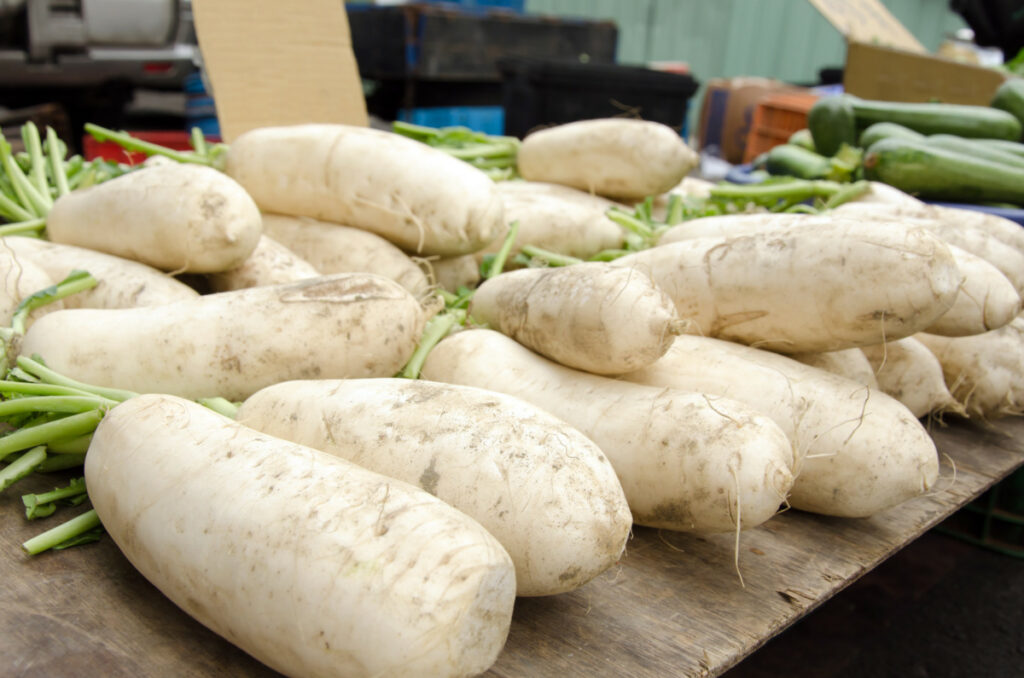
Celery Root
Celery root, also known as celeriac, is another excellent substitute for jicama. This root vegetable has a similar crunchy texture and mild flavor that works well in salads and slaws. In addition to being a delicious ingredient, celery root is highly nutritious.
Its low calories and high fiber, vitamin C, and potassium content make it a superb choice for maintaining a healthy diet. Furthermore, it contains antioxidants and anti-inflammatory compounds that provide additional health benefits, just as most vegetables do.
To prepare celery root, you'll need to peel off the tough outer layer with a sharp knife or vegetable peeler. Once peeled, you can slice or dice it into thin pieces for salads or shred it for slaws, though keep in mind that its particular flavor makes it a better substitute in dishes where the crunch is mor eimportant than the taste.
Cassava or Yuca Cassava
This root vegetable is indigenous to South America and commonly used in Latin American, African, and Caribbean cuisines. Cassava has a fairly similar texture to jicama but with a slightly sweeter and nuttier flavor. While it cannot be eaten raw, as jicama can, it does make fantastic fries.
Yuca is a highly versatile ingredient that can be used in multiple dishes, from salads and soups to stews and casseroles. Cassava can even be boiled, baked, fried, or mashed, each preparation fo which is more popular for some dishes over others.
Also, cassava is a highly nutritious food, as it's rich in fiber, vitamin C, and potassium while low in fat and calories, making it an excellent choice for anyone looking to maintain a healthy diet.
When preparing to use cassava as a jicama substitute in salads, you should slice it into thin rounds or julienne it into matchsticks before baking. It pairs well with various flavors, including citrus, herbs, and spices, and can even be used as a substitute for potatoes in potato salad or add it to coleslaw for an extra crunch.
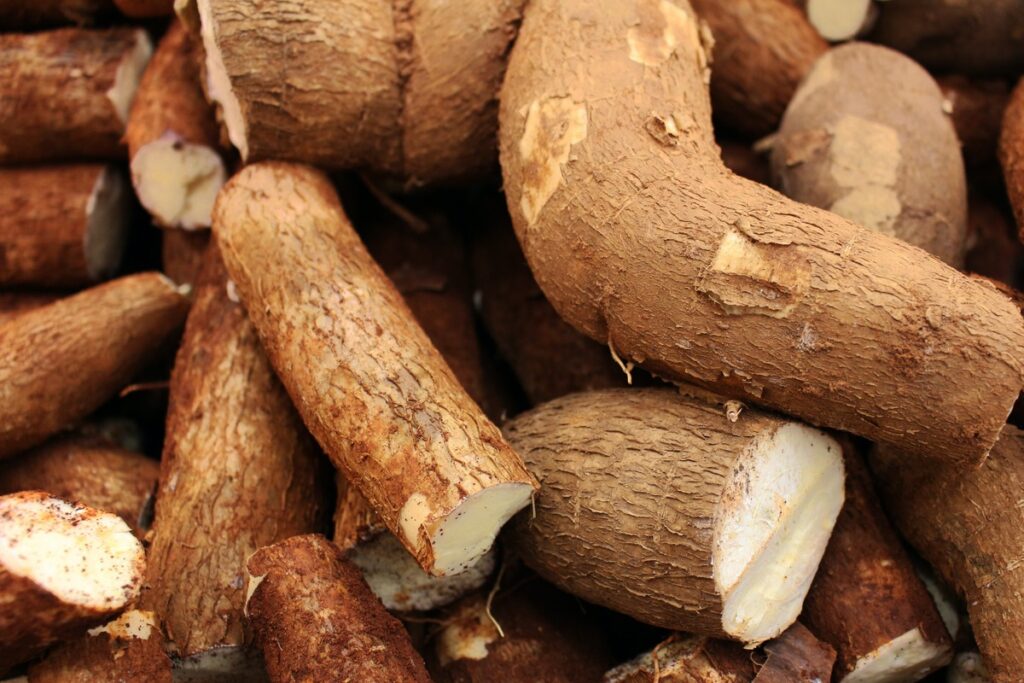
Turnips
Turnips are a great alternative to jicama when it comes to cooking because they have a unique flavor profile that's slightly more bitter and earthy but with a similar crunchy texture, hence the nickname for kicama as the 'Mexican turnip.'
Turnips are a terrific option for anyone wanting to maintain a balanced diet because they're pretty nutritious, low in calories and fat but high in fiber, vitamin C, and potassium. This combination of nutrients makes them great for promoting digestive health, boosting the immune system, and supporting healthy blood pressure levels.
On top of that, turnips contain antioxidants and anti-inflammatory compounds that provide additional health benefits, such as reducing the risk of chronic diseases like cancer and heart disease.

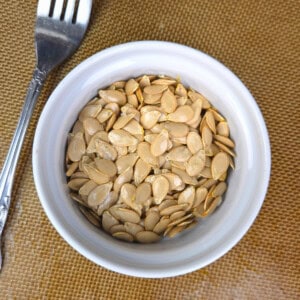


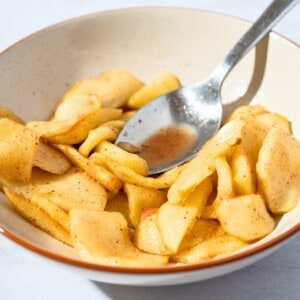
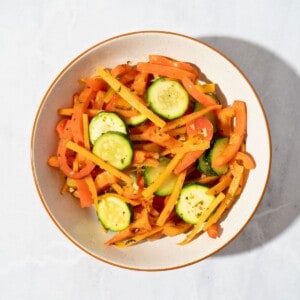


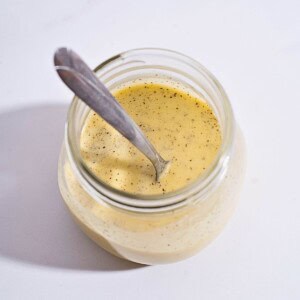
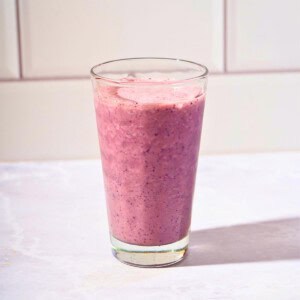
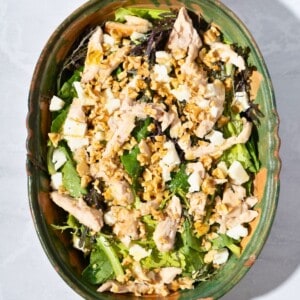
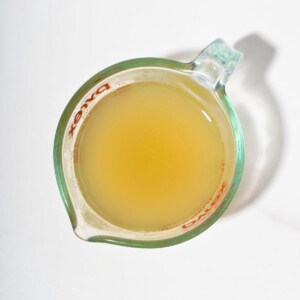
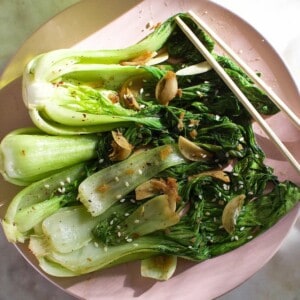
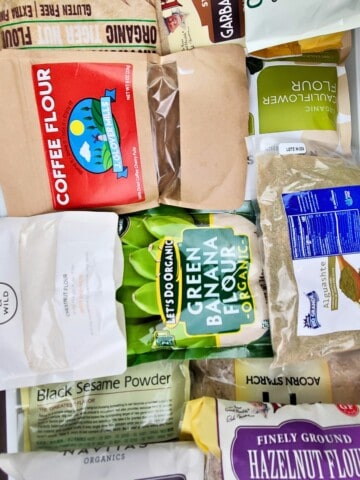
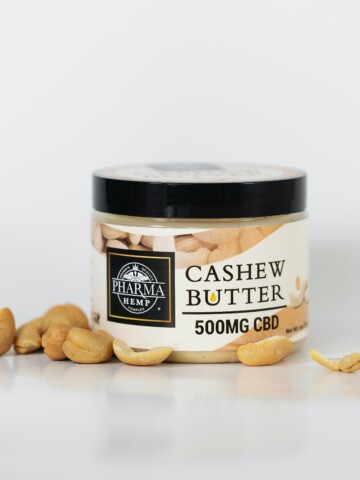
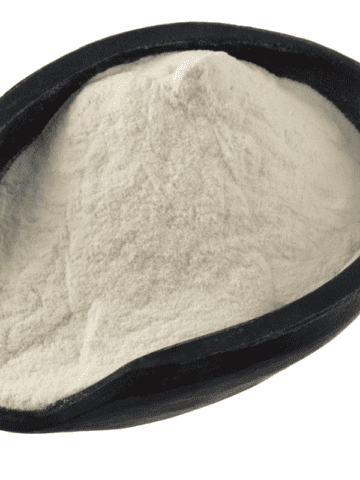
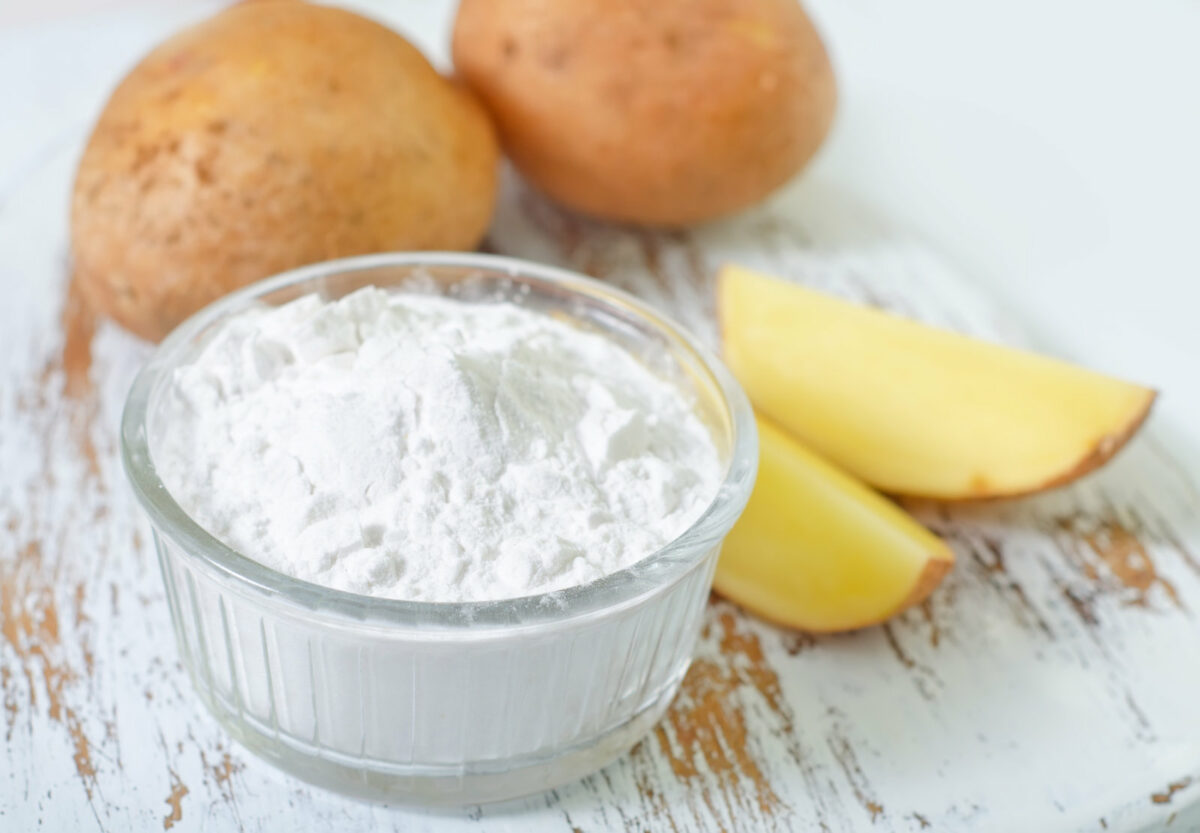
Comments
No Comments